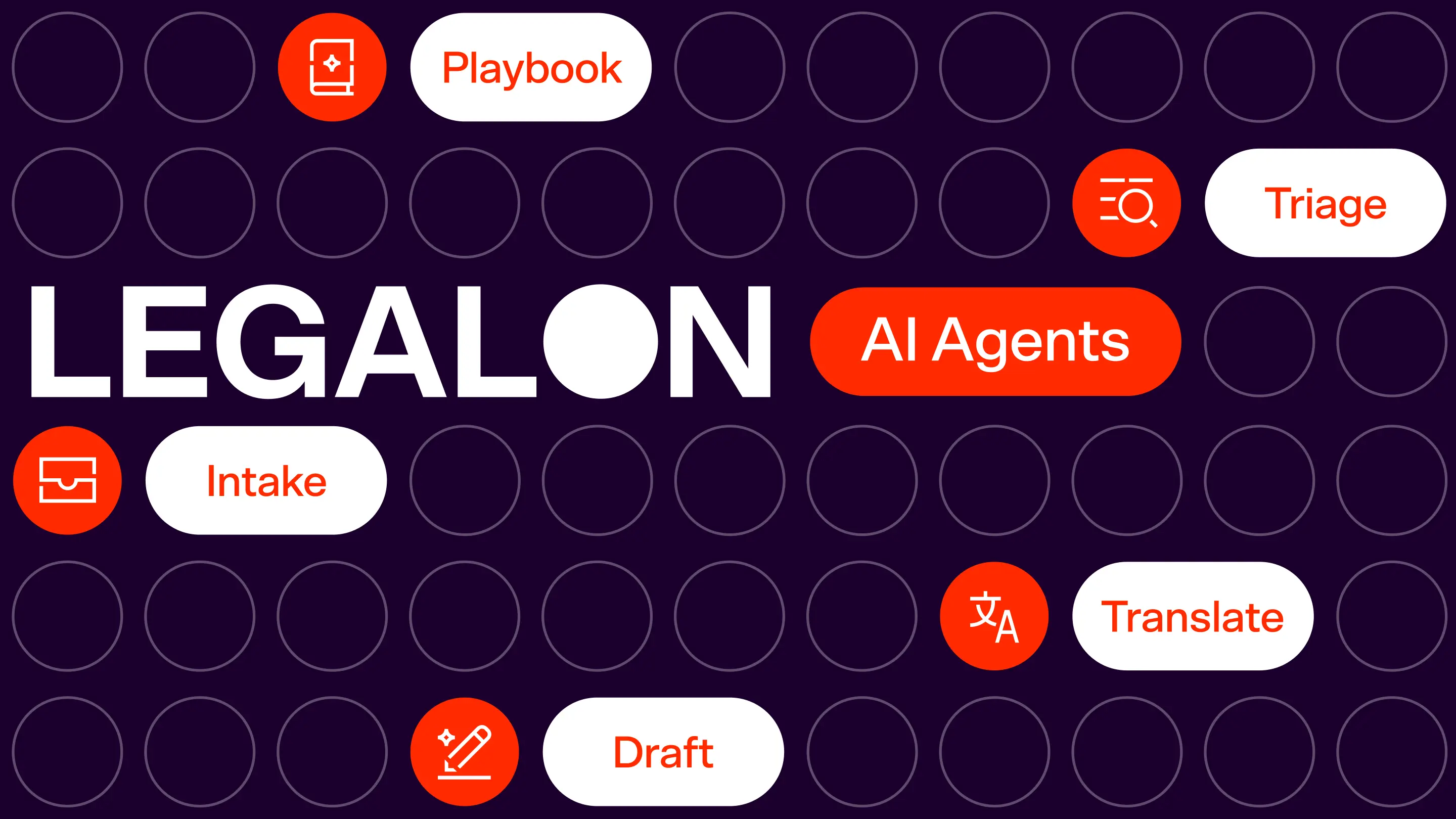Forum Selection Clauses: Review and Negotiate with AI
What is a Forum Selection clause?
In legal agreements, it's important to know how to handle disagreements. Forum selection clauses help with this by saying where legal issues will be resolved. Let's explore what these clauses are and how to use them effectively.
A forum selection clause (also called a “jurisdiction clause”) tells you which court will handle any legal disputes about your agreement. It helps prevent confusion by clearly stating where any court cases will happen.
The primary purpose of a forum selection clause is to provide clarity and certainty in the event of a legal dispute. It helps prevent potential conflicts and misunderstandings between parties by clearly defining where and under which legal system any litigation will take place.
A typical Jurisdiction clause might read:
Any suit, action, or proceeding arising out of, or in connection with, this Agreement and all contemplated transactions shall be submitted to the United States District Court for the [specific] District of [state] or, if such court does not have subject matter jurisdiction, the court of the State of [state] sitting in [city/borough].
Where To Use Forum Selection Clauses
Forum selection clauses are commonly used in various types of legal agreements, particularly in situations where parties may be from different geographic locations or legal jurisdictions. Some key areas where forum selection clauses are especially important include:
- Non-Disclosure Agreements (NDAs): When parties from different regions or countries are sharing sensitive information, a forum selection can clarify which legal system will govern any potential breaches of confidentiality.
- Data Processing Agreements (DPAs): In the era of global data flows, specifying the jurisdiction for litigation in a DPA can help navigate complex international data protection laws, such as GDPR for European data subjects.
- Service Agreements: For businesses providing services across different regions or countries, a forum selection can streamline dispute resolution processes.
- Cross-border transactions: In any agreement involving parties from different countries, a forum selection can prevent costly and time-consuming conflicts over which country's laws should apply in case of a dispute.
Negotiating Forum Selection Clauses
When negotiating forum selection clauses, keep these points in mind:
- Choice of Forum: Pick a location that's fair for everyone involved.
- Match the Law: Make sure the chosen court fits with the laws you're using in the agreement.
- Exclusive vs. Non-Exclusive: Decide if this is the only court that can handle disputes, or if other courts are okay too.
- Subject Matter Jurisdiction: Include language that accounts for courts that may not have subject matter jurisdiction over certain disputes.
- Enforcement: Consider saying that decisions from this court can be enforced in other places.
- Alternative Dispute Resolution: Think about including arbitration as another way to solve disagreements.
- Waiver of Jury Trial: Decide if you want to allow jury trials or just have a judge decide.
- Compliance with Local Laws: Ensure that the forum selection complies with any relevant local laws or regulations, such as the GDPR for data protection agreements involving EU citizens
Remember, where you choose to resolve disputes can really affect the outcome. It can change things like which laws apply, how much it costs, and how fair the process is.
Also, keep in mind that while these clauses are usually followed, there are exceptions. Courts might not enforce a clause if it's unfair or goes against important laws. Additionally, specific regulations in certain industries or jurisdictions may impact the enforceability of these clauses.
AI Contract Review for Negotiating Forum Selection Clauses
To give you a sense of the benefits of leveraging AI Contract Review Software trained by lawyers, we’ve selected some sample language our software presents to customers during a review of forum selection clauses in Non-Disclosure Agreement (NDAs). Keep in mind that these are static in this overview, but dynamic in our software - meaning our AI identifies the key issues and proactively surfaces alerts based on importance level and position and provides suggested revisions that mimic the style of the contract and align with party names and defined terms.
If you’d like to see more, we invite you to book a demo.
Sample Forum Selection Clause
Any suit, action, or proceeding arising out of, or in connection with, this Agreement and all contemplated transactions shall be submitted to the United States District Court for the [●●] District of [●●] or, if such court does not have a subject matter jurisdiction, the court of the State of [●●] sitting in [city/borough], and each Party hereby waives any objection to the exercise of that jurisdiction. Each Party agrees that a final judgment in any such suit, action, or proceeding shall be enforced in other jurisdictions.
Guidance for Forum Selection Clauses
To ensure clarity and minimize potential conflicts in an NDA, it is recommended to include either a forum selection or an arbitration clause. A forum selection clause specifies the governing law and the courts with jurisdiction over disputes arising from the NDA, while an arbitration clause provides an alternative dispute resolution mechanism, such as arbitration.
This recommendation is particularly crucial in cross-border transactions, where parties may have differing preferences regarding the applicable law and dispute resolution forum. For example, a U.S. company entering into an NDA with a foreign company might prefer to resolve disputes under U.S. law and in U.S. courts. By incorporating a forum selection clause that outlines the governing law and courts, parties can avoid potential conflicts and streamline the dispute resolution process.
Relevant statutes or laws to consider include the Federal Arbitration Act (FAA) and the Uniform Arbitration Act (UAA), which govern the enforceability of arbitration agreements in the United States. Additionally, parties should consider state-specific laws, such as the California Arbitration Act (CAA) or the New York Arbitration Act (NYAA), which may contain provisions that differ from the FAA.
Simplifying Your Forum Selection Negotiations with AI
AI-powered tools like LegalOn can help legal teams:
- Quickly spot important issues
- Give alerts based on your situation
- Suggest improvements
- Ensure you're following relevant laws=
The sample AI-powered insights we've shared demonstrate how LegalOn can enhance your contract review process, making it more efficient, thorough, and aligned with best practices.
To experience the power of AI in forum selection negotiations, we invite you to see it in action. Book a demo today to explore how our AI-powered contract review software can transform your approach to drafting and negotiating forum selection clauses.
Experience LegalOn Today


.svg)




.webp)




